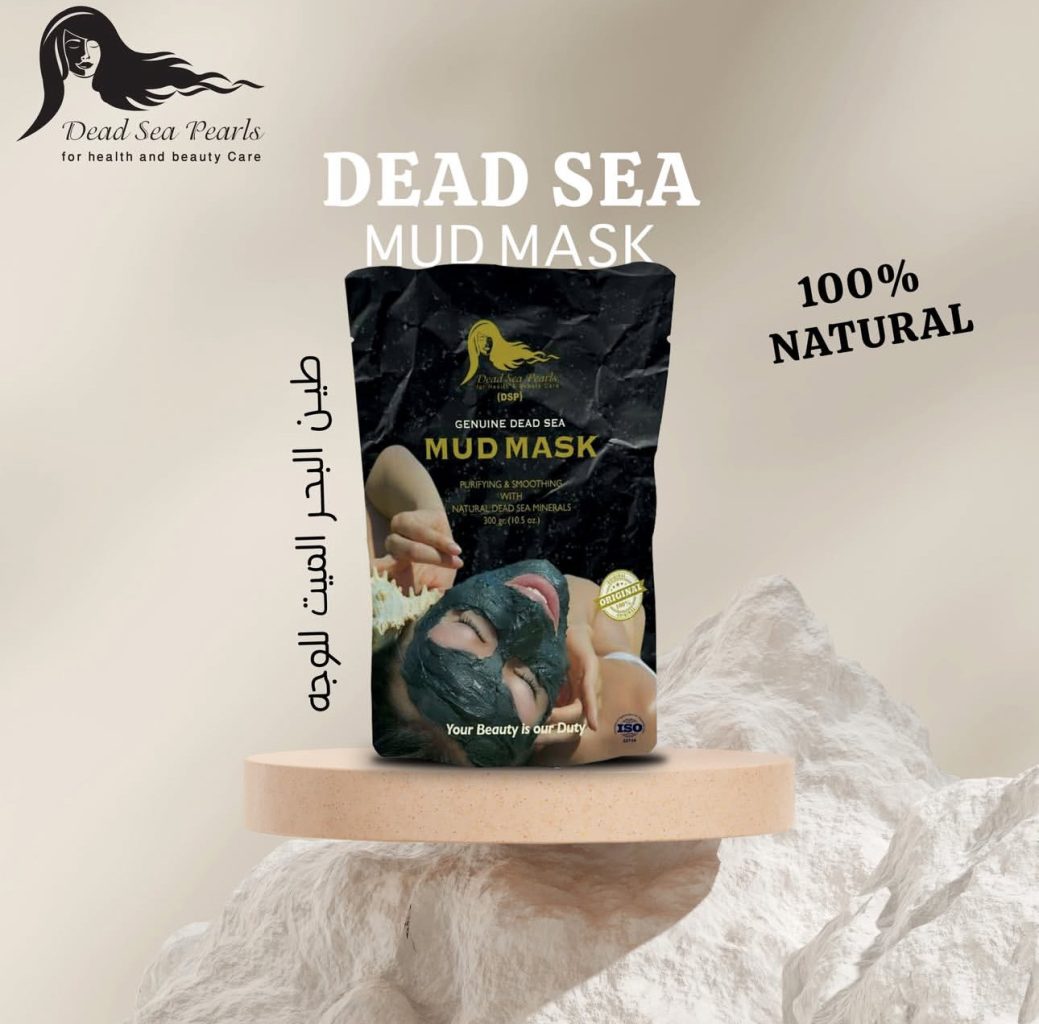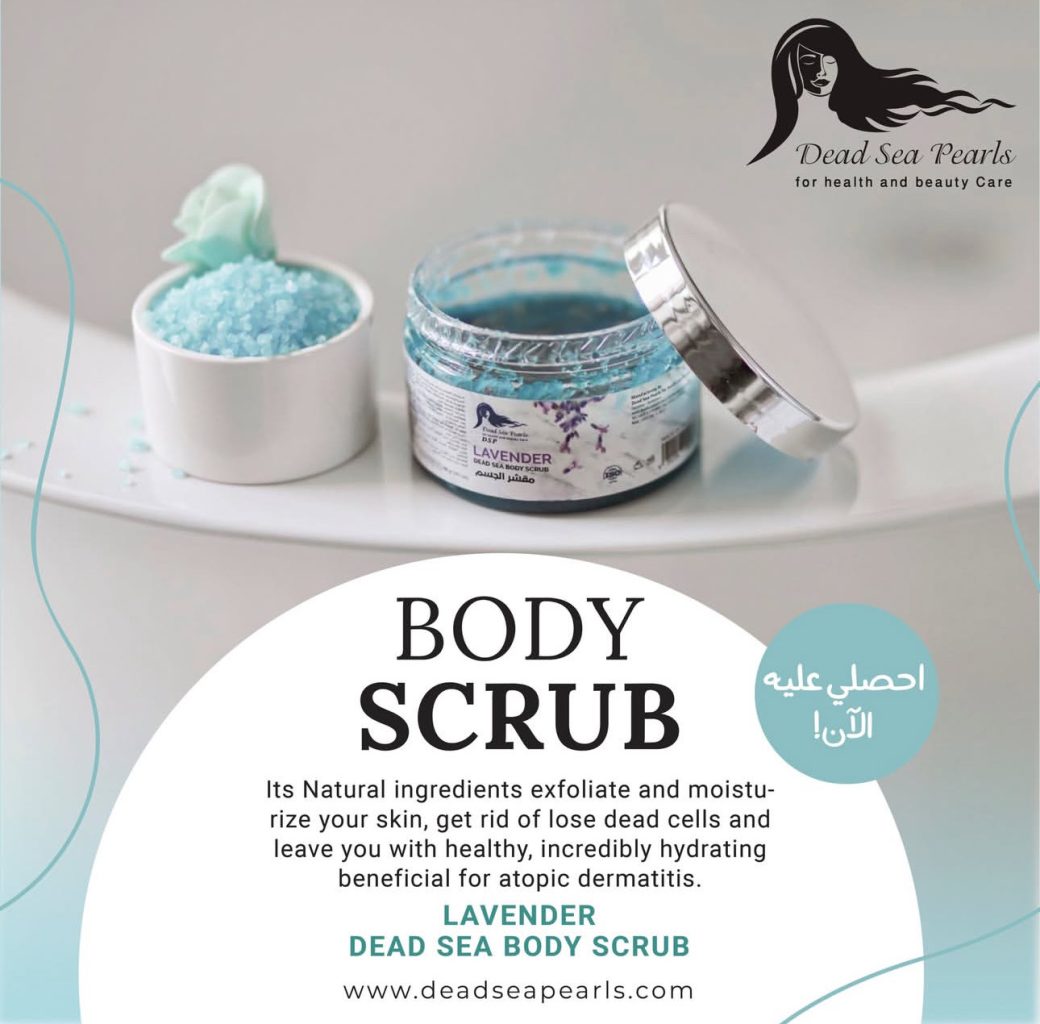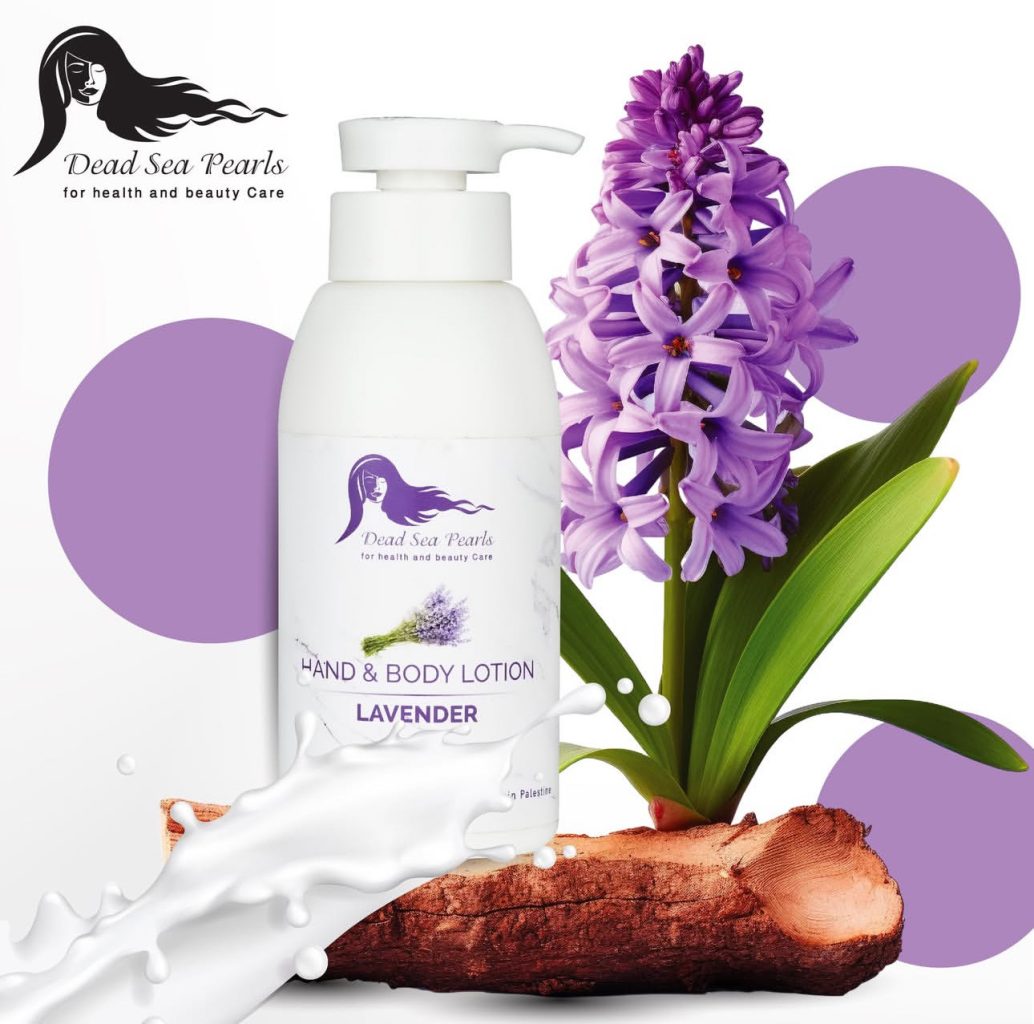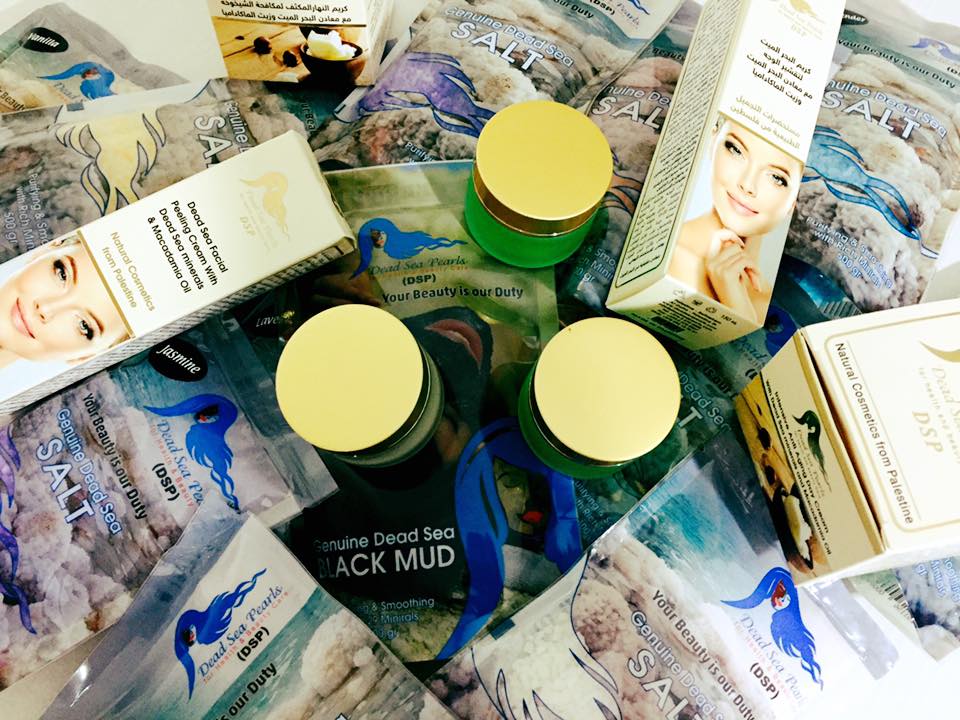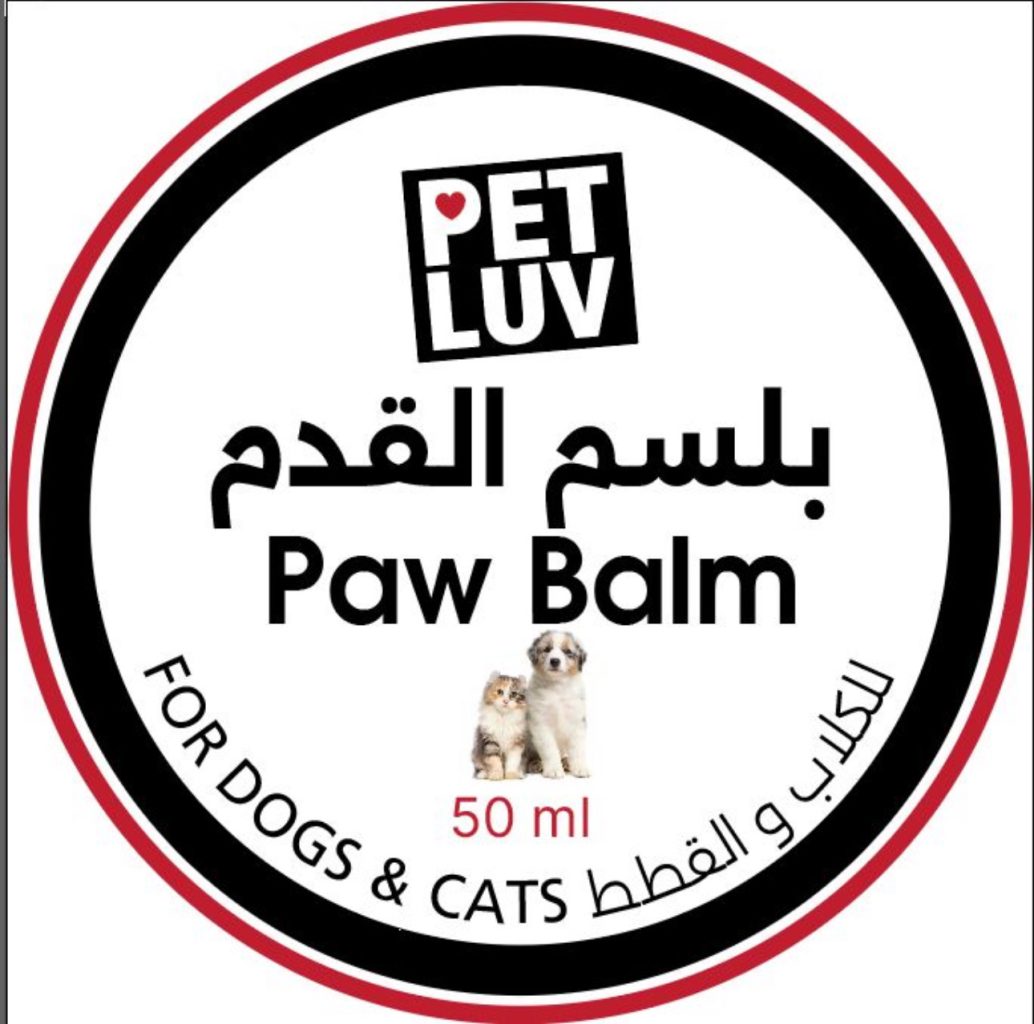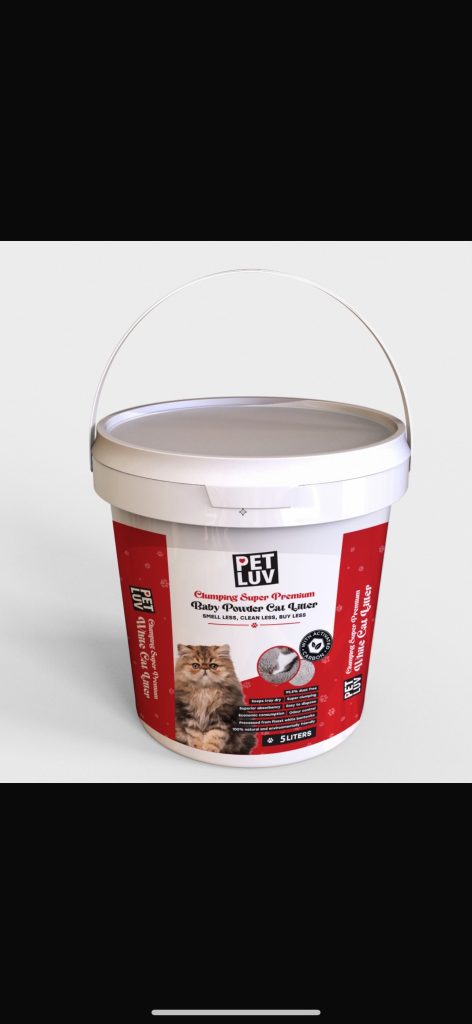Something different for Palestine:
In addition to shifting values around the Dead Sea, Al Khatib and his father saw the company as an opportunity to do something different than the local NGOs pumping money into Palestine.
The company is a source of independence and pride for Al Khatib and Palestine in general — after four years of pursuing the proper licensing from the relevant authorities to open their small factory in Bethlehem, Dead Sea Pearls became one of the first approved to operate in the country. Palestinians do not have direct access to the Dead Sea, and extracting the mud and salt requires specific permission from an Israeli authority. “We bring the sea to you,” says Al Khatib about their ability to connect Palestinians with the Dead Sea’s resources.
Al Khatib has recently signed a memorandum of understanding with Nexus, a Palestinian-based company, to distribute its products in the country. As a result of that partnership, Al Khatib, and Nexus founder Mohammed Obaidallah have been attending a number of public exhibitions and markets to sell the Dead Sea Pearls products.
Dead Sea Pearls’ products are stocked in more than 100 shops in Palestine, including pharmacies, specialty cosmetics stores, and hotels.
“We are also trying to market our products to show that Palestinian items can be sold elsewhere and that the quality can be just as good, if not better,” Al Khatib says. While primarily sold nationally, Dead Sea Pearls sent their first international order to Russia, and are trying to expand in the European Market.
Production of Dead Sea Pearls cosmetics has also created jobs for eight women at the Bethlehem factory. In addition to their monthly salary, the women also get a small percentage of the sales.
“People were telling me this payment model was a crazy idea, but I believe it’s important to work as one team,” Al Khatib explains.
For him, he says starting Dead Sea Pearls was already a dream come true — now, the next step is to ensure Dead Sea Pearls’ Made-in-Palestine products remain an example of innovation, quality, and sustainability for years to come.
